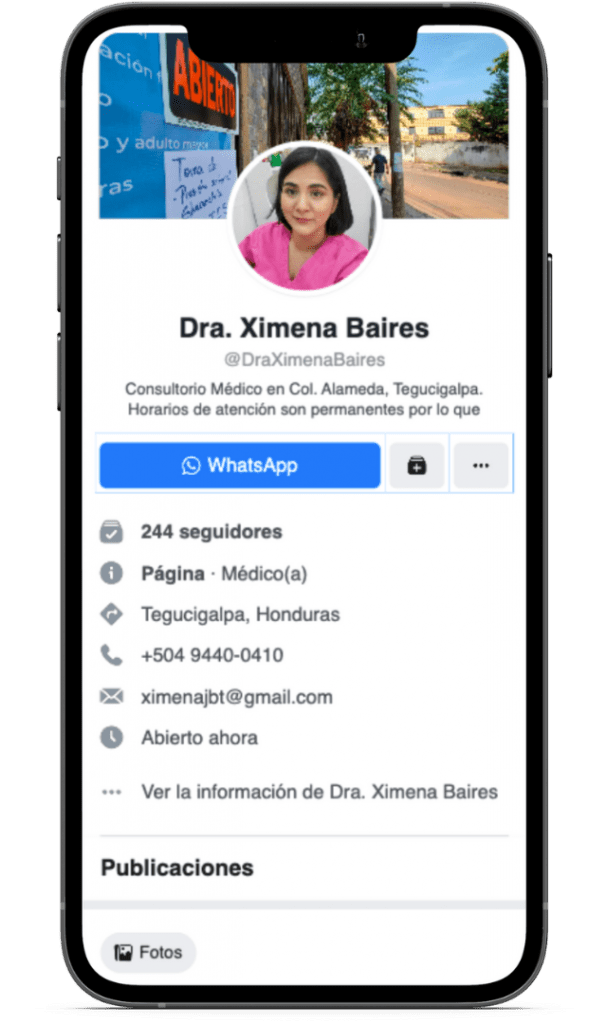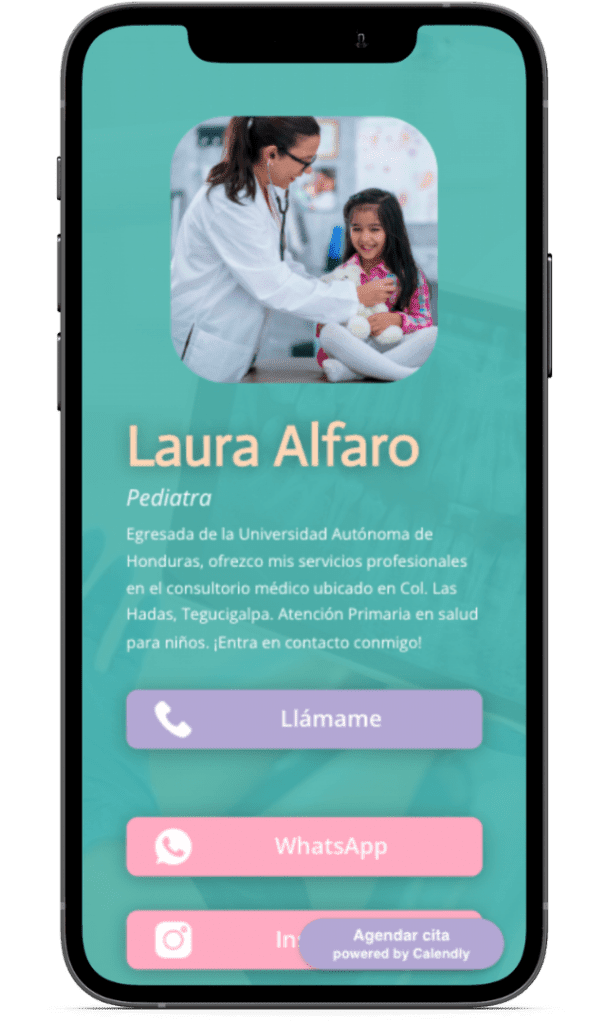Being a healthcare professional on social media can be very enjoyable and rewarding, but it also comes with great responsibility. Here we take a look at all the ins and outs of managing your social media as a doctor, growing your brand and maintaining a positive online presence.
Like everything in life, being present on social media has its pros and cons, and doctors are no exception:

Pros
- It can help you connect with like-minded people and grow your professional network.
- You can share important information, endorse campaigns, and learn about the latest developments on important issues.
- It can also be an opportunity to share a real insight into life as a doctor.
- You can help explain complicated issues in a way that is easier for people to understand and encourage them to seek help if they need it.
- You can develop and showcase your creative talents.
Cons
- You can be spammed with DMs asking for medical advice and this can be very difficult to deal with. Of course, you can’t give personal medical advice, but this can leave you feeling dissatisfied and/or guilty. Asking for advice on social networks is not a substitute for talking to your GP.
- Disagree: social networks are a popular place to share different opinions and have debates. Be sure to always give respectful opinions if you encounter a disagreement.
- Trolling – A troll is someone who actively seeks to provoke a negative response from others online. If it happens to you, the best you can do is to ignore and block.
Another important point is the ethical use of social media as a healthcare professional, below are the most important considerations when developing your online presence:
- Patient confidentiality – You have the same legal and ethical obligations of patient confidentiality on social networks as you do anywhere else. If you blog about your day-to-day work life, you have to be very careful about what information you share. Even if you do so very anonymously, it’s possible that a patient could identify himself or herself.
- Sharing photos of your workplace: be careful to not inadvertently capture anything or anyone that could violate confidentiality.
- Keep professional distance between you and your patients.
- Think before you share: if you’ve had a bad day at work, writing about it on Instagram may not be appropriate. You must maintain professionalism. Only share something that you wouldn’t mind being published in a national newspaper.
- Explain openly any conflict of interest.
So, what are the key strategies to develop your digital brand?
- Create original content
- Focus on your specialty and your passions.
- Post regularly: try to post at intervals of a few days.
- Plan your content: try to be as unique as possible – what is your passion, what do other doctors do, and what could you do that is slightly different and adds value?
- Use eye-catching images and think about how they display together in your grid. Do you want a theme? The image is the first thing your followers see and will catch those who scroll quickly.
- Captions are important: this is your opportunity to share an important message and generate engagement with your followers.
- Hashtags: use them! You can create your own hashtag for your brand or your campaign. Make sure the hashtag you choose is not already in use.
Don’t forget your bio link – Instagram is unique in the sense that you can only share 1 link and have it within your profile bio. It is common for people to mention your link within their caption, i.e. “link in bio”. If you want to share multiple links, we recommend you to use our Mylnker like the one below 😉

In People Ads we want to support you in growing your digital presence and your office, request your appointment here to learn more about the product offering that best suits your needs.